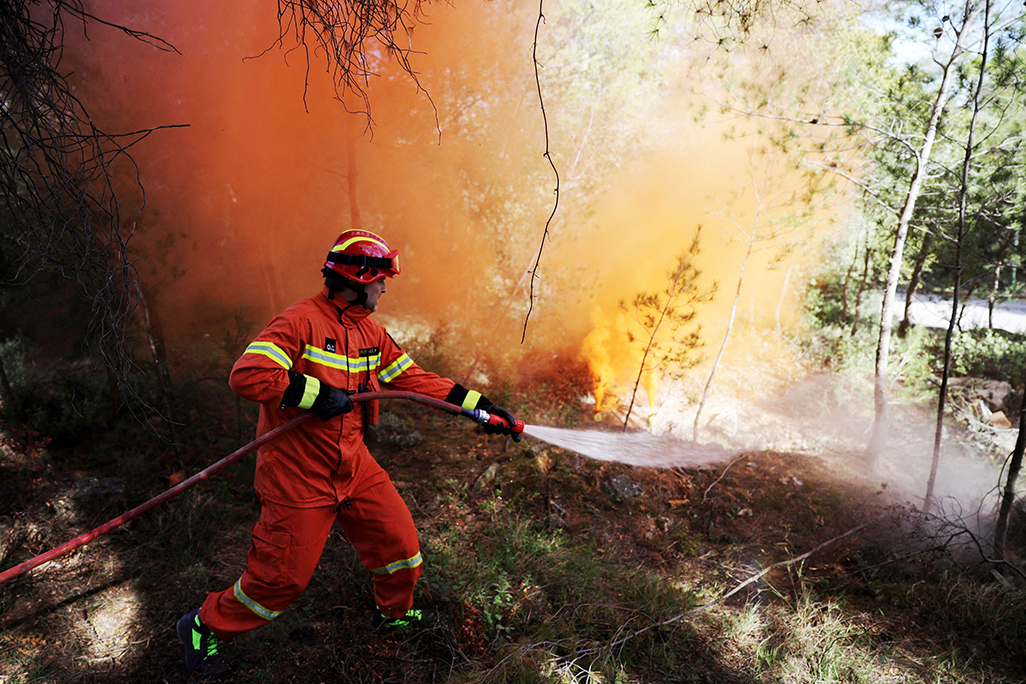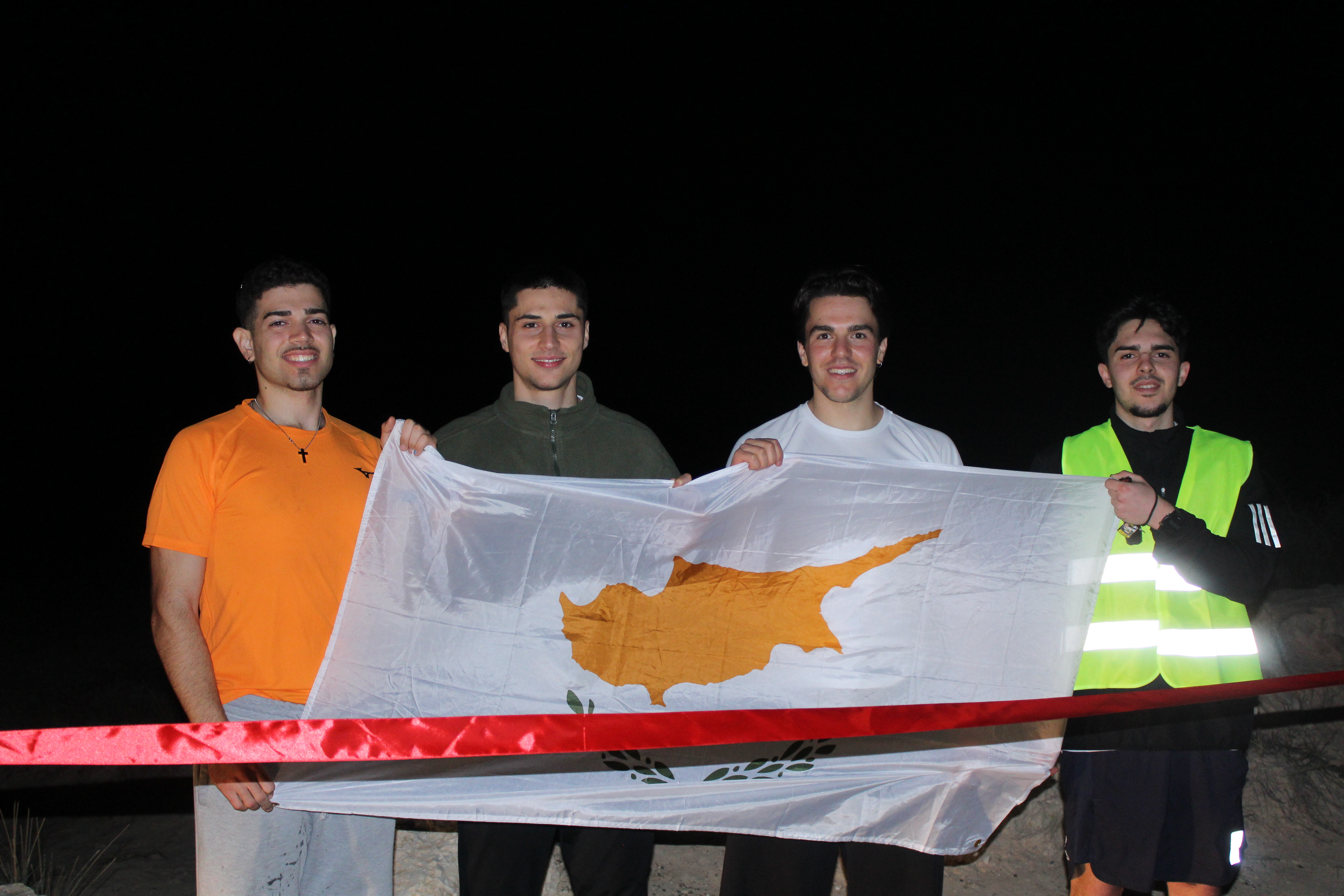A senior European commission official on Wednesday called on Cyprus to boost its involvement in wildfire prevention programmes, warning of growing risks as the Mediterranean braces for another scorching summer.
Speaking in a televised briefing, senior official at the commission’s directorate-general for European civil protection and humanitarian aid operations Zacharias Yiakoumis said Cyprus plays an active role in emergency response but lags behind in prevention.
“Despite its efforts during crises, Cyprus is not taking part in any of the 12 EU-funded wildfire prevention projects,” he said.
“We encourage Nicosia, like all member states, to explore available opportunities and make better use of them.”
Wildfires remain a serious threat across the continent. In Cyprus alone, 2024 saw 3,000 hectares destroyed and 13 major blazes, each burning over 30 hectares.
In 2023, a total of 2,000 hectares were scorched, which was lower than the devastating fire season of 2021, which saw 6,000 hectares lost.
Since 2014, Cyprus has activated the EU civil protection mechanism nine times, mostly due to wildfires, while also offering help to other countries on 19 occasions.
Yiakoumis said this confirms its double role as both a recipient and provider of support.
Looking ahead, he warned that the summer of 2025 could bring severe risks, particularly for central Europe and the Mediterranean.
Portugal suffered the heaviest losses last year, but Yiakoumis highlighted a broader trend: wildfires are now becoming more common in central and northern Europe, suggesting a shift in the climate risk pattern.
To respond to this growing danger, the European Union is strengthening its joint firefighting capacity through the civil protection mechanism and the RescEU programme.
For the 2025 fire season, 26 aircraft will be on standby across the nine member states of France, Italy, Greece, Croatia, Spain, Portugal, Sweden, Czech Republic and Cyprus.
Most of these planes will be available between June 15 and October 31, with the EU covering transport and 75 per cent of operational costs.
From 2026 to 2028, an additional 12 new Canadair planes and five helicopters will be added to the permanent RescEU fleet, stationed in Portugal, Spain, France, Italy, Croatia, and Greece.
Beyond response, the EU is pushing for stronger prevention policies. Twelve projects are currently funded under the EU budget to help countries scale up fire resilience. Cyprus is not part of any of them.
However, Yiakoumis confirmed that Cypriot authorities have been briefed and are being urged to participate.
He encouraged peer review exercises, a form of technical support where countries examine each other’s fire strategies to share knowledge and improve readiness.
The commission also promotes a broader initiative called the “union of preparedness,” aimed at tackling emerging crises. This includes enhancing fire response tools, setting up early warning systems, and preparing the public to react in emergencies.
The European commission unveiled these wildfire protection measures in a coordinated rollout across all member states on May 26.







Click here to change your cookie preferences